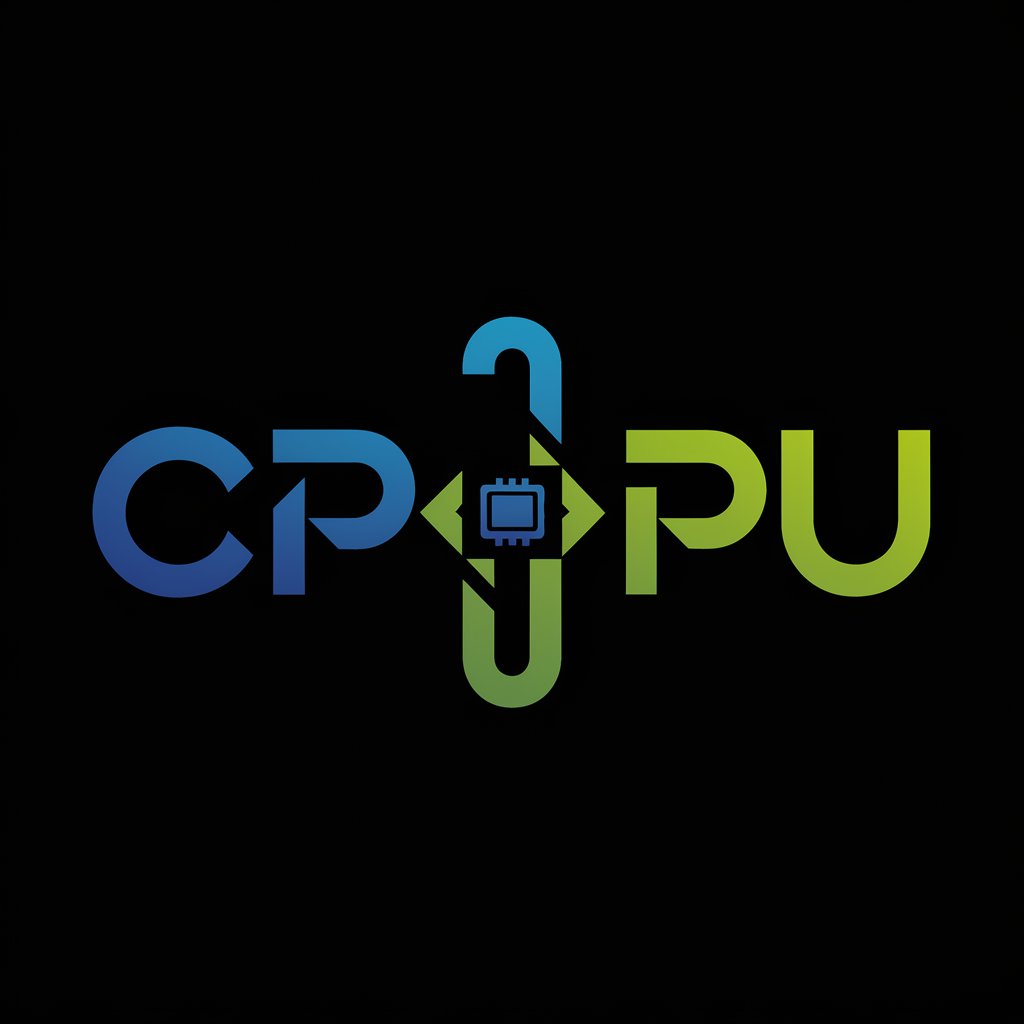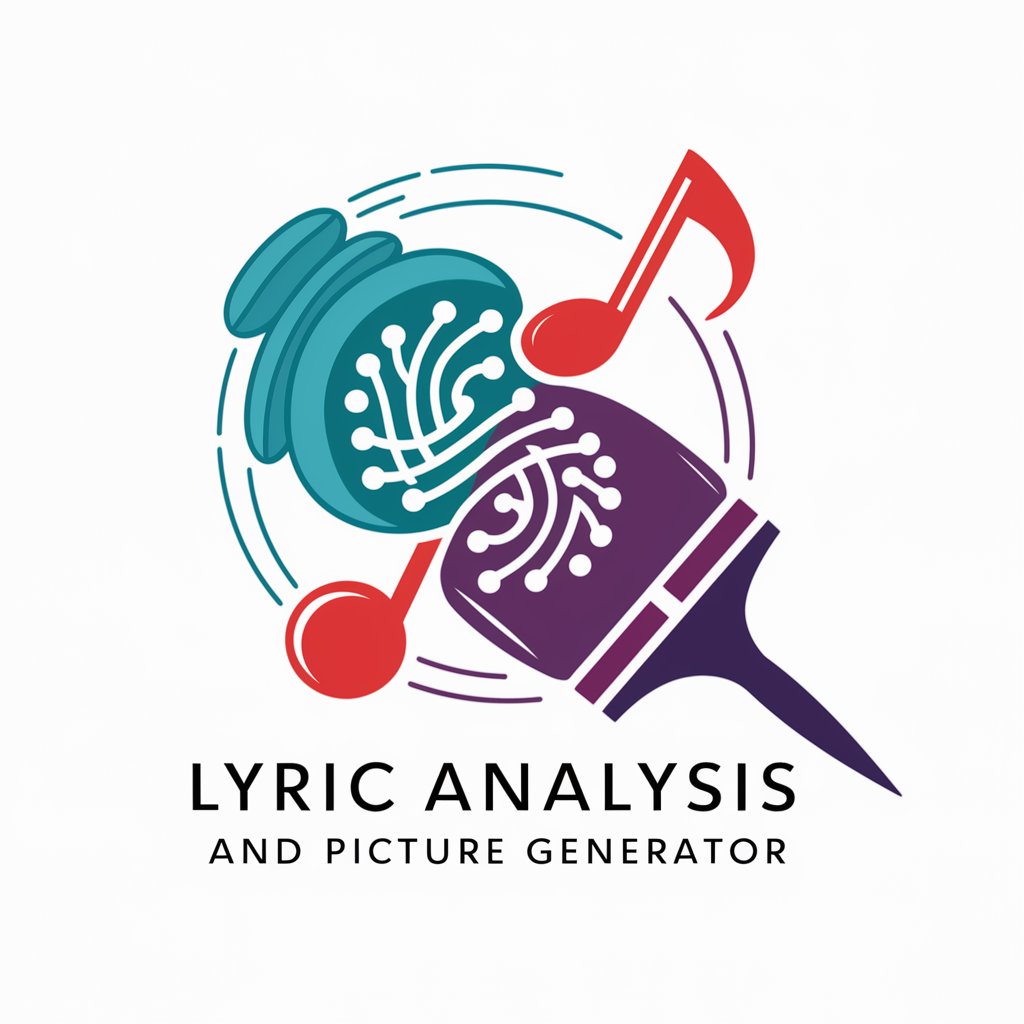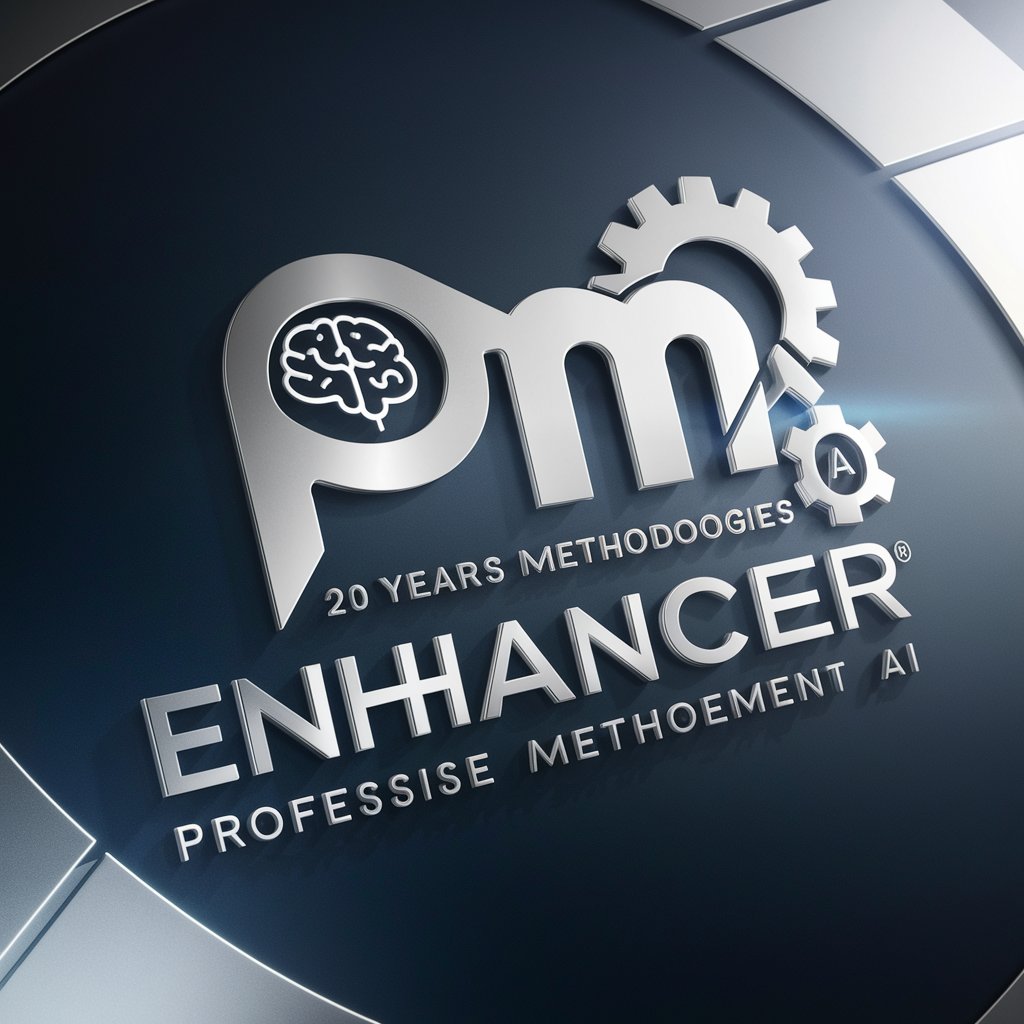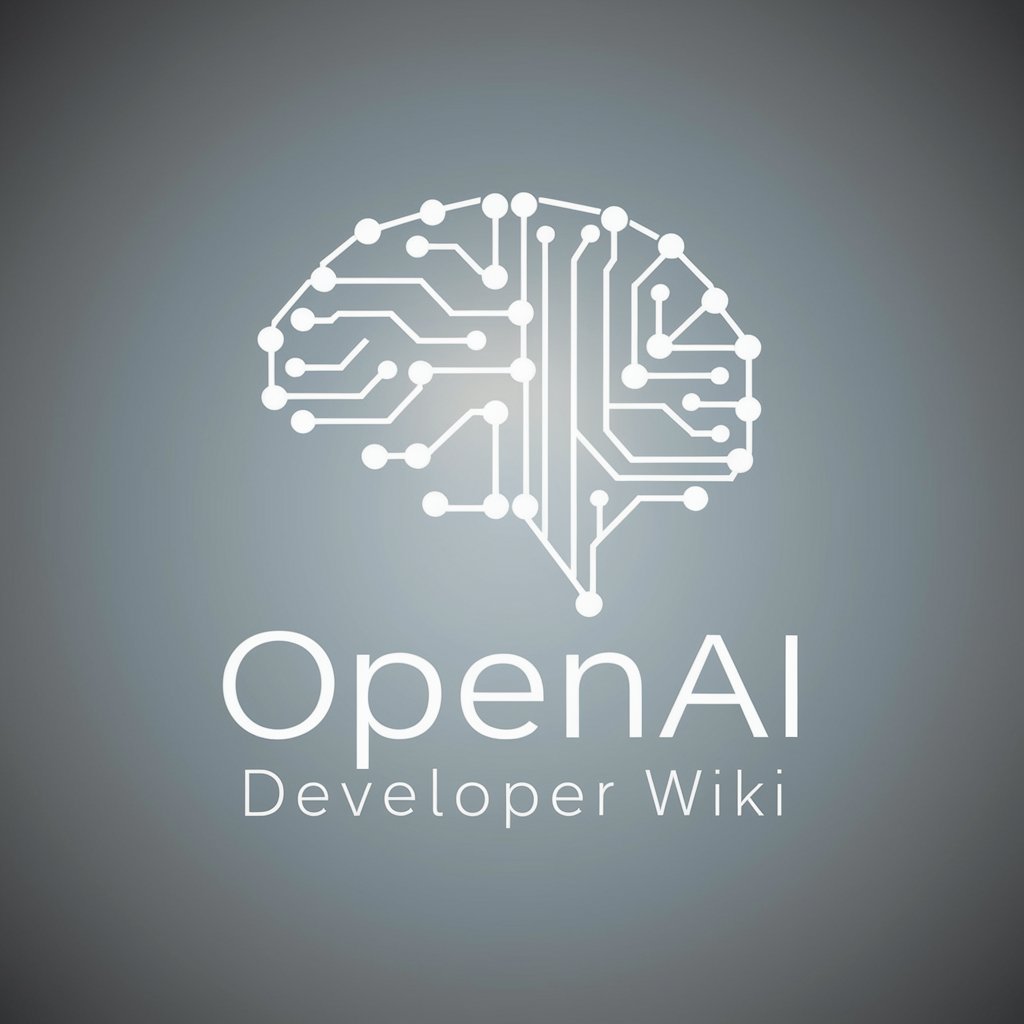CPP、GPU - expert assistance on GPUs, algorithms, and C++ programming.

Hello! Need expert advice on GPUs, algorithms, or C++?
Empowering your coding journey with AI expertise.
Explain the role of GPUs in modern computing.
What are the key features of C++17?
How can parallel algorithms optimize performance in C++?
Describe the architecture of a GPU and its functions.
Get Embed Code
Introduction to CPP、GPU
CPP、GPU is a specialized service designed to provide comprehensive expertise and support in the field of computer science, with a primary focus on Graphics Processing Units (GPUs) and C++ programming language. This service is tailored to meet the needs of individuals and organizations seeking in-depth knowledge and assistance in GPU programming, algorithm optimization, and leveraging the computational power of GPUs for various applications. CPP、GPU offers a combination of theoretical understanding, practical examples, and hands-on guidance to help users harness the full potential of GPU technology in their projects and applications. Powered by ChatGPT-4o。

Main Functions of CPP、GPU
GPU Acceleration
Example
Using GPU acceleration to speed up complex computational tasks such as image processing, machine learning, and scientific simulations.
Scenario
In a machine learning project, GPU acceleration can significantly reduce training times for deep neural networks, enabling faster model development and experimentation.
Algorithm Optimization
Example
Optimizing algorithms for parallel execution on GPUs to maximize computational efficiency and performance.
Scenario
In cryptography, optimizing algorithms for GPU parallelism can enhance the speed of encryption and decryption processes, crucial for secure communication systems.
Parallel Programming with C++
Example
Utilizing C++ programming language to develop parallel algorithms and applications that leverage GPU parallel processing capabilities.
Scenario
In financial modeling, parallel programming with C++ and GPUs can be employed to accelerate risk analysis calculations, leading to quicker decision-making and more efficient portfolio management.
Ideal Users of CPP、GPU Services
Research Scientists and Engineers
Research scientists and engineers working in fields such as computer graphics, computational physics, bioinformatics, and artificial intelligence can benefit from CPP、GPU services. These professionals often require advanced GPU programming expertise to accelerate complex simulations, data analysis, and modeling tasks.
Software Developers and Programmers
Software developers and programmers involved in high-performance computing, game development, scientific computing, and data analytics can leverage CPP、GPU services to optimize their applications for GPU acceleration. By harnessing GPU parallel processing, developers can enhance the performance and scalability of their software products.
Academic Institutions and Educational Organizations
Academic institutions and educational organizations offering courses or conducting research in computer science, computational mathematics, and engineering can utilize CPP、GPU services to enhance their curriculum and research capabilities. Students and researchers can learn GPU programming techniques and apply them to various academic projects and experiments.

How to Use CPP、GPU
Visit yeschat.ai for a free trial without login, also no need for ChatGPT Plus.
Simply go to yeschat.ai to access CPP、GPU without the need for a login or ChatGPT Plus subscription.
Select CPP、GPU from the available tools list.
Once on the yeschat.ai platform, navigate to the tools section and choose CPP、GPU.
Input your query or request.
Enter your specific questions or requests related to computer science, GPUs, algorithms, or C++ programming.
Receive detailed, expert responses.
Get comprehensive, in-depth answers to your queries, tailored to your specific needs and focusing on computer science, GPUs, algorithms, or C++ programming.
Engage in further discussion or exploration.
Feel free to continue the conversation, ask follow-up questions, or explore additional topics related to computer science, GPUs, algorithms, or C++ programming.
Try other advanced and practical GPTs
Lyric Analysis and Picture Generator
Transforming lyrics into visual artistry with AI.

画像解析クリエイター
Decoding Art with AI Power

翻译成英文
Translate Chinese to English effortlessly with AI.

Security Architect
Empowering Security with AI Insights

Text Correction
Enhance text with AI-powered corrections.

PM Enhancer AI
Enhance Projects with AI Precision.

Sigmond Wired
Unlock AI-powered communication for seamless assistance.

英文文法修正
Enhance your writing with AI precision.

Technical Proposal Writing
Empowering Proposals with AI

Developer Wiki(階層知識)
Unleash AI Knowledge Power!

Book recommender
Unlock Your Next Favorite Read with AI

Mermaid flow chart maker
Turn text into flowcharts instantly

Q&A about CPP、GPU
What are the key features of CPP、GPU?
CPP、GPU provides detailed information and assistance on computer science topics, with a focus on GPUs, algorithms, and C++ programming. It offers expert guidance, in-depth explanations, and practical advice.
How can I optimize GPU performance in my C++ code?
To optimize GPU performance in C++ code, consider factors such as parallelism, memory access patterns, and algorithmic efficiency. Utilize GPU-specific optimizations like thread and block configurations, shared memory usage, and memory coalescing for optimal performance.
What are some common algorithms used in GPU programming?
Common algorithms in GPU programming include parallel sorting algorithms (e.g., parallel quicksort, parallel merge sort), parallel reduction, parallel prefix sum (scan), parallel matrix operations (e.g., matrix multiplication), and parallel graph algorithms (e.g., breadth-first search, shortest path algorithms).
How does GPU architecture differ from CPU architecture?
GPU architecture is optimized for parallel processing tasks, with a large number of cores designed for simultaneous computation. CPUs, on the other hand, typically have fewer cores optimized for sequential processing but with higher clock speeds and more cache.
What are the benefits of using GPUs in scientific computing?
Using GPUs in scientific computing offers significant benefits such as accelerated performance for parallelizable tasks, increased throughput, and reduced computation time for simulations, data analysis, and machine learning algorithms.
